India’s Securities and Exchange Board of India (SEBI) is investigating at least twelve domestic investment banks over allegations of excessive fees charged in initial public offerings (IPOs) for small businesses. According to a report by Reuters, SEBI began the investigation earlier this year, focusing on investment banks that have worked on IPOs for small and medium-sized enterprises (SMEs)
Compared to mainboard listings, the rules for SME IPOs are relatively more lenient. SEBI is now exploring whether these regulations need to be tightened. This could potentially involve more disclosures, audits, and other checks to ensure compliance, according to sources.
SEBI has raised concerns about the quality of due diligence carried out in SME IPOs. The regulator is now investigating whether these procedures were conducted in accordance with the rules.
Sources familiar with the matter revealed that some of these banks have been charging companies up to 15% of the funds raised through their IPOs. This rate is significantly higher than the standard industry practice of 1-3% for such offerings in India. These inflated fees have raised concerns of malpractice in the country’s booming IPO market, particularly for small businesses.
In India, smaller firms with an annual turnover between ₹5 crore and ₹250 crore list on designated sections of the Bombay Stock Exchange (BSE) and the National Stock Exchange (NSE). These listings follow fewer disclosure requirements compared to larger IPOs, which are regulated more stringently by SEBI. The exchanges are responsible for vetting these offerings instead of SEBI.
The investigation is part of SEBI’s broader efforts to regulate the SME IPO market and protect investors from potential risks. SEBI is particularly concerned about coordinated efforts between banks and certain investors, including high-net-worth individuals (HNIs) and retail investors, who manipulate demand by placing large bids, only to cancel them at the time of allotment. Such tactics artificially inflate demand for the IPO, attracting more investors based on oversubscription.
In the fiscal year ending March 2024, the SME segment saw significant growth, with 205 small firms raising ₹6,000 crore, compared to ₹2,200 crore raised by 125 companies in the previous fiscal year, according to data from PRIME Database. For the April to August 2024 period, 105 firms raised ₹3,500 crore, with over two-thirds of the offerings oversubscribed.
In response to these concerns, SEBI has been tightening regulations for the SME IPO market. In July, the regulator introduced a cap limiting first-day gains for SME stocks to 90%. SEBI is also working on a set of 12-15 proposals aimed at refining the IPO process for smaller companies, including measures to ensure better transparency and oversight.
A few investment bankers are profiting from the SME IPO boom by approaching small businesses and offering to take them public at inflated valuations in exchange for a share of the extra money raised.
Sources told that this practice, once common in Gujarat and Maharashtra, has now spread due to the growing interest in the SME segment. SEBI has warned investors to be cautious of dubious practices in this sector through various announcements. In an August 28, 2024 press release, SEBI revealed that Rs 14,000 crore was raised through the SME platform in the last decade, with Rs 6,000 crore raised in FY24 alone.
Bankers offer to help businesses raise funds at inflated valuations, far higher than their fair market value, and then take a cut of the excess. For instance, if a company’s fair value is Rs 500 crore, bankers might raise Rs 1,000 crore or more and take half of the extra amount raised.
Bankers typically approach chartered accountants in small towns, asking if they know businesses seeking funds. They then pitch exaggerated valuations to the business owners, highlighting the benefits of going public. Some unscrupulous chartered accountants help inflate the company’s financials to support these inflated valuations.
SEBI has introduced stricter rules to check the financial health of SMEs, and on August 22, the NSE introduced new criteria, requiring positive free cash flow for at least two of the last three years for companies listing on its SME platform, NSE Emerge.
Ashwani Bhatia, a senior SEBI official, recently highlighted the need for more checks and balances in the SME IPO market. SEBI has also urged auditors and exchanges to be more vigilant and halt listings if there is dissatisfaction with the information provided in IPO documents.
Reuters was unable to identify the banks involved in the investigation, and SEBI has not yet responded to requests for comment. However, the investigation marks a significant step in SEBI’s efforts to maintain integrity in India’s IPO market, particularly for SMEs. The regulator’s actions come at a time when the IPO market for smaller firms is experiencing rapid growth, and SEBI’s intervention is expected to bring greater transparency and fairness to the sector.
Bringing you the latest updates on finance, economies, stocks, bonds, and more. Stay informed with timely insights.













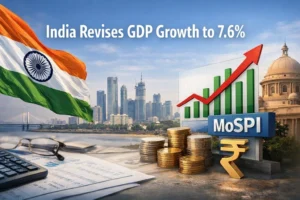

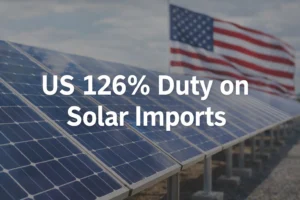


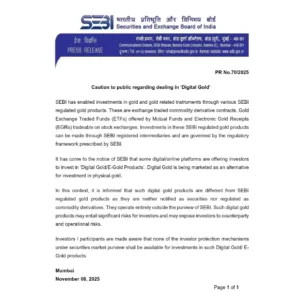

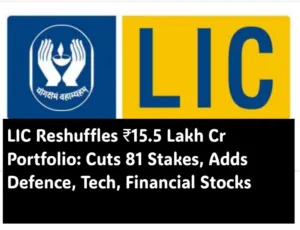

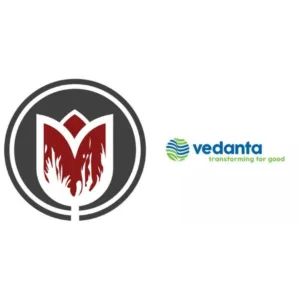
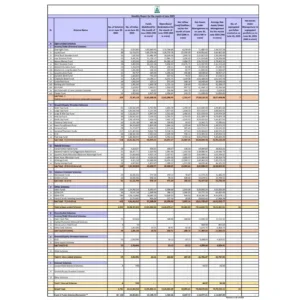
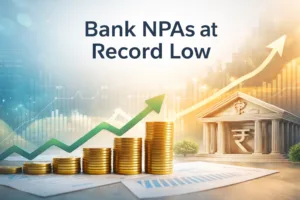


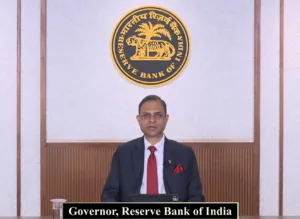


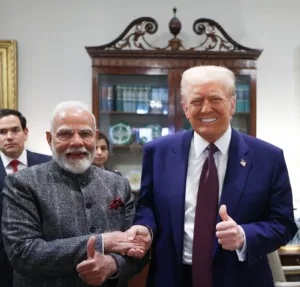

Be First to Comment